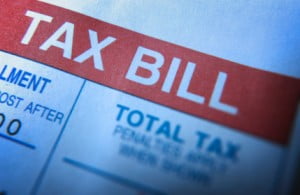 The healthcare reform bill unveiled by the Senate Wednesday night includes a 5 percent tax against elective cosmetic medical procedures, a last-minute addition that is projected to collect $5 billion over the next ten years.
The healthcare reform bill unveiled by the Senate Wednesday night includes a 5 percent tax against elective cosmetic medical procedures, a last-minute addition that is projected to collect $5 billion over the next ten years.
Cosmetic surgeons all over the United States have made their opposition to the tax public, and societies such as the ASPS and ASAPS have organized their members to contact members of congress.
“You’d be surprised how price sensitive people are to this. It’s a tax against women and the baby boomer generation having these procedures” comments Tulsa cosmetic surgeon Dr. Angelo Cuzalina.
5 reasons to drop the cosmetic tax from the U.S. healthcare reform bill.
- Discriminatory: Women purchase almost 90 percent of all cosmetic medical procedures in the United States.
- Taxes middle class America: In a 2005 ASPS survey of people planning cosmetic surgery, 60 percent of the respondents reported incomes of $30,000 to $90,000 a year.
- Record of being ineffective: New Jersey implemented a similar tax in 2004 and it fell drastically short (59 percent) of its projected revenue.
- Distinguishing reconstructive from cosmetic isn’t always easy: the tax imposes the burden of making clear distinctions between procedures that are medically necessary and simply elective. Who will make these distinctions?
- Could promote medical tourism: Patient safety is a major priority; keeping costs down will discourage Americans from seeking risky cosmetic surgeries abroad.




